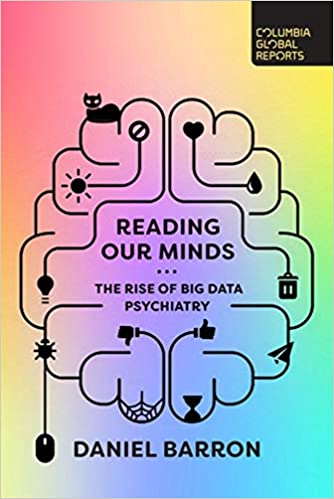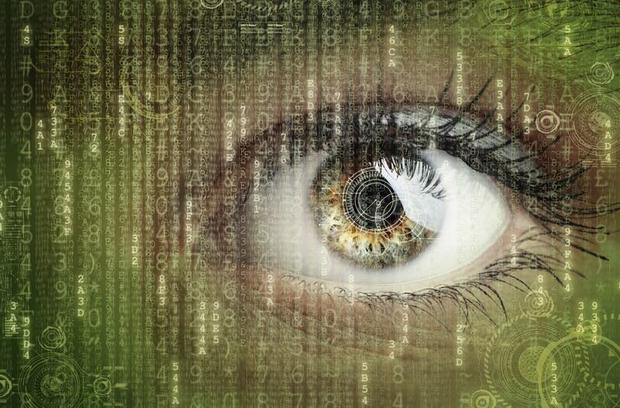Posts Tagged ‘neural networks’
Reading Our Minds: New book issues strong call to action to modernize psychiatry
The Rise of Big Data Psychiatry (The Wall Street Journal): As a physician, I need to figure out three things when a new patient walks into my office: what their life is typically like, what has changed that made them seek treatment and what I can do to help them. It’s a complex problem, and…
Read MoreKeeping the Brain in Mind: IBM and MIT partner to upgrade cognitive computing
———- IBM and MIT team on cognitive computing, machine vision, artificial intelligence for healthcare “IBM Research and the Department of Brain and Cognitive Sciences at the Massachusetts Institute of Technology have joined forces to further develop the scientific field of machine vision – a core aspect of artificial intelligence
Read MoreWhat Everyone Should Know About Stress, Brain Health, and Dance
Everyone experiences stress at some point in our lives. It is important to know that stress can harm the brain, and also that dance can be a great avenue for a person resist, reduce, or escape it. Stress can change the physical structure and function of the brain, affecting wiring and thus performance of one’s activities.
Read MoreWhat Educators and Parents Should Know About Neuroplasticity, Learning and Dance
Dance. Is it merely art? Is it just recreation? Think again. Dance is now being studied as a pathway to enhance learning. And, scientists say, educators and parents should take note of the movement. Recently at the annual meeting of the Society for Neuroscience annual meeting, more than 6,800 attendees paid rapt attention to renowned choreographer…
Read More



